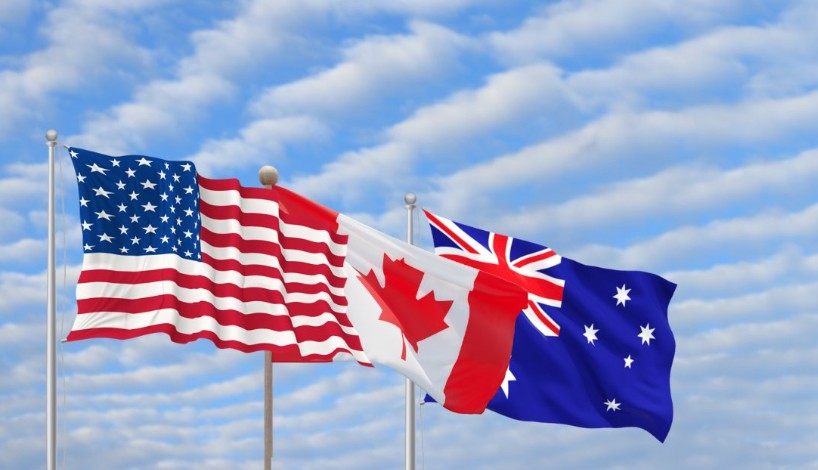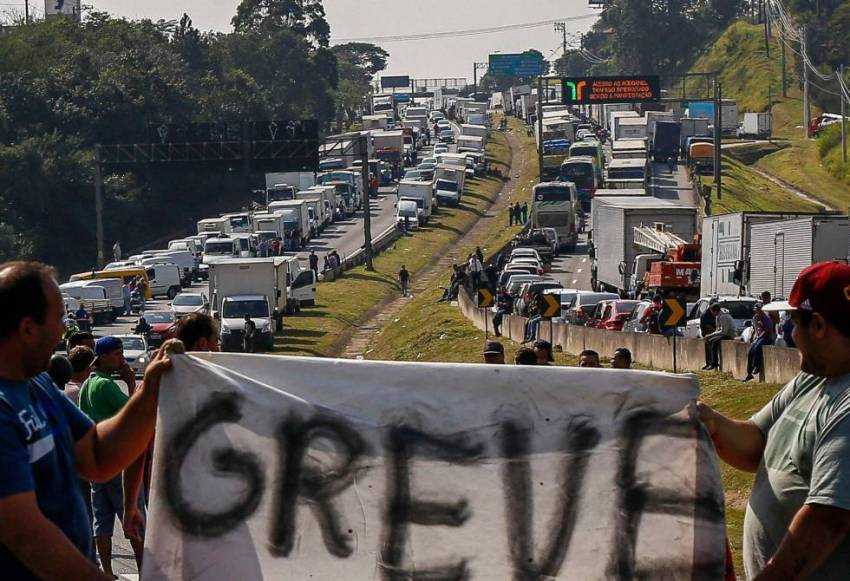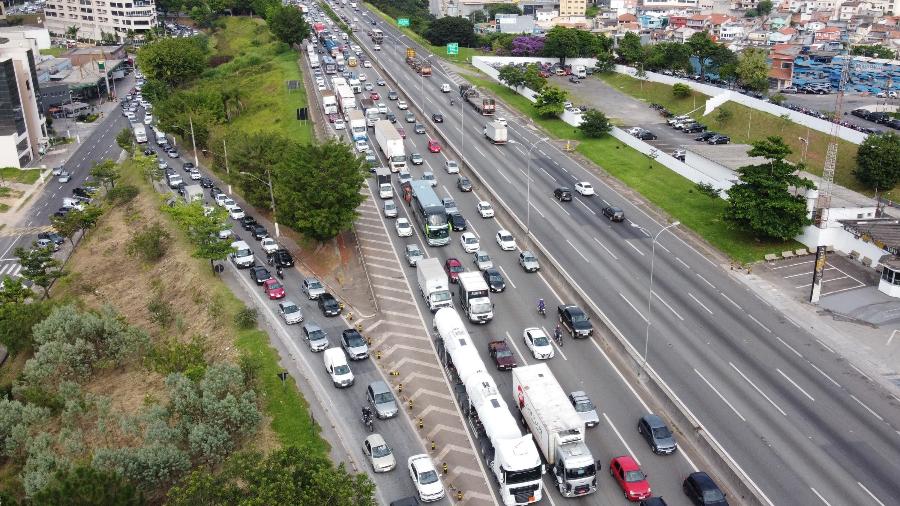
Visa exemptions for certain nationalities rei...
read more

A nationwide truck driver strike was called by unions and scheduled to begin on 1 February 2021 to protest low minimum freight rates, poor working conditions and high fuel prices, among other demands.
It was feared that a truckers’ strike similar to the one that halted the country back in 2018 could be a decisive blow to Brazil’s economy, which is still staggering with the pandemic’s impact and relies heavily on trucks. However, the protest got off to a weak start. According to the highway patrol police (PRF), traffic flowed freely on all federal highways without any significant holdups.
In response to the low adhesion to the strike, the Minister of Infrastructure, Tarcisio Gomes de Freitas, was quoted as saying that “it is bad for school transport, it is bad for the service sector. We are facing a pandemic. There was sensitivity on the part of the category, which is much more mature“. Mr Freitas added that there should be “a search for balance in the relationships between private entities. It will only be possible with the growth of the economy. The trucker understands this. This is the difference between an entire class that is willing to talk and that finds the doors open in the government and some leaders who tried to create a movement without any connection with the sector“.
Many key labour unions and support groups are pulling back from the strike amid criticism that the movement has taken a political direction and failed to address the genuine demands of the truck drivers. At the same time, the president of the National Association of Transports in Brazil (ANTB), said that the strike will still gain strain during this week. “I believe that by the end of the week, we will already have a good number of trucks stopped all over Brazil”.
There is little or no popular support for the strike, possibly because Brazilians still have terrible memories of the deleterious effects of the 2018 truckers’ strike. The population is concerned that there might be disruptions in transporting supplies necessary to deal with the COVID-19 outbreak.

Rua Barão de Cotegipe, 443 - Sala 610 - 96200-290 - Rio Grande/RS - Brazil
Telephone +55 53 3233 1500
proinde.riogrande@proinde.com.br
Rua Itororó, 3 - 3rd floor
11010-071 - Santos, SP - Brazil
Telephone +55 13 4009 9550
proinde@proinde.com.br
Av. Rio Branco, 45 - sala 2402
20090-003 - Rio de Janeiro, RJ - Brazil
Telephone +55 21 2253 6145
proinde.rio@proinde.com.br
Rua Professor Elpidio Pimentel, 320 sala 401 - 29065-060 – Vitoria, ES – Brazil
Telephone: +55 27 3337 1178
proinde.vitoria@proinde.com.br
Rua Miguel Calmon, 19 - sala 702 - 40015-010 – Salvador, BA – Brazil
Telephone: +55 71 3242 3384
proinde.salvador@proinde.com.br
Av. Visconde de Jequitinhonha, 209 - sala 402 - 51021-190 - Recife, PE - Brazil
Telephone +55 81 3328 6414
proinde.recife@proinde.com.br
Rua Osvaldo Cruz, 01, Sala 1408
60125-150 – Fortaleza-CE – Brazil
Telephone +55 85 3099 4068
proinde.fortaleza@proinde.com.br
Tv. Joaquim Furtado, Quadra 314, Lote 01, Sala 206 - 68447-000 – Barcarena, PA – Brazil
Telephone +55 91 99393 4252
proinde.belem@proinde.com.br
Av. Dr. Theomario Pinto da Costa, 811 - sala 204 - 69050-055 - Manaus, AM - Brazil
Telephone +55 92 3307-0653
proinde.manaus@proinde.com.br
Rua dos Azulões, Sala 111 - Edifício Office Tower - 65075-060 - São Luis, MA - Brazil
Telephone +55 98 99101-2939
proinde.belem@proinde.com.br